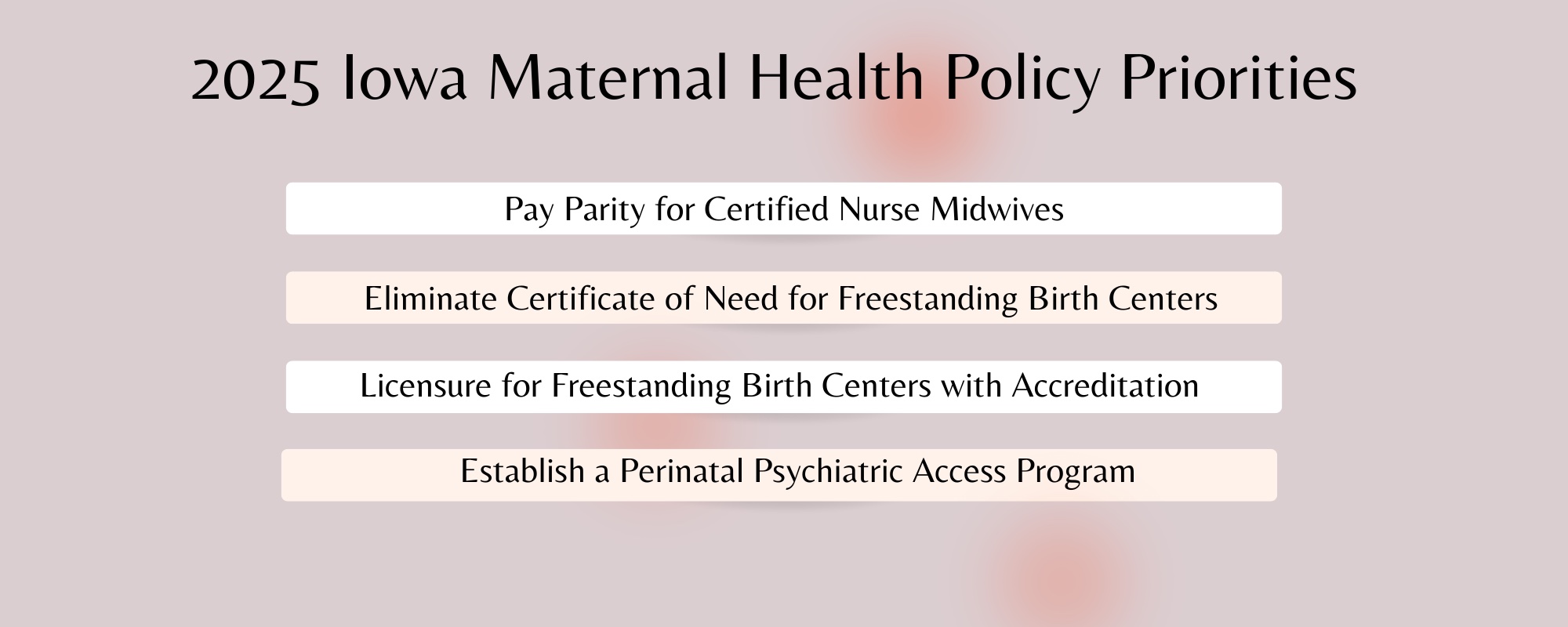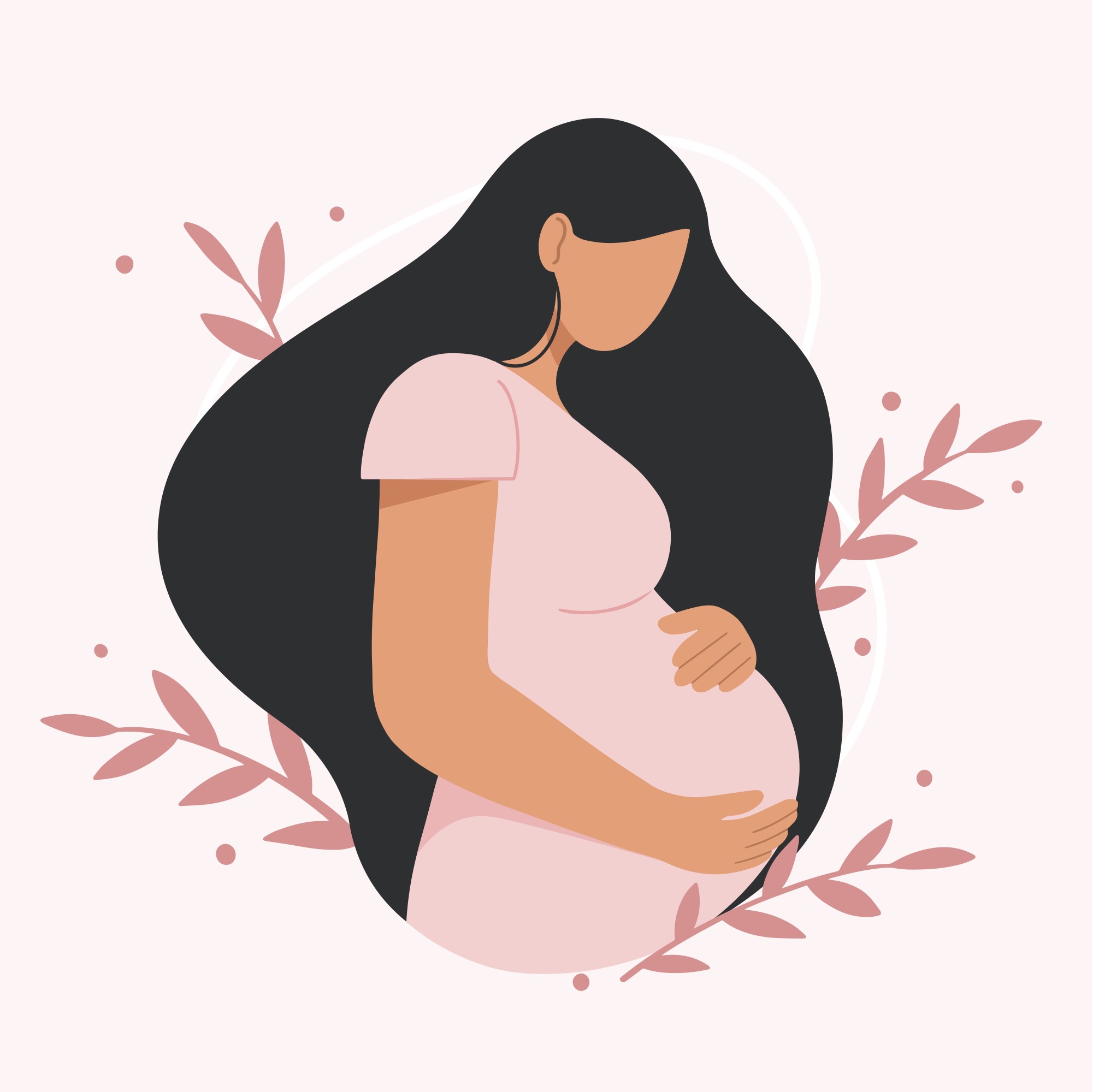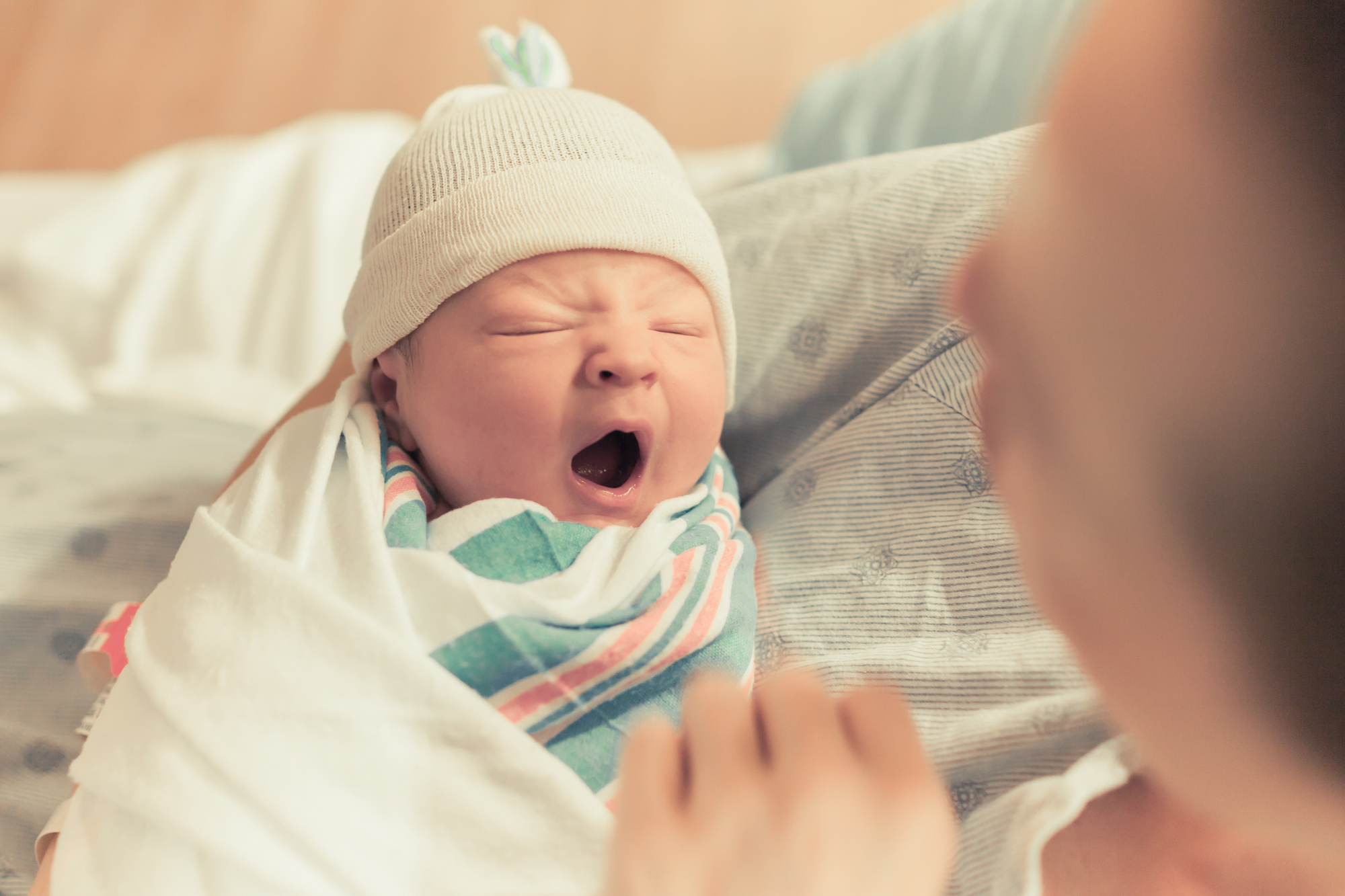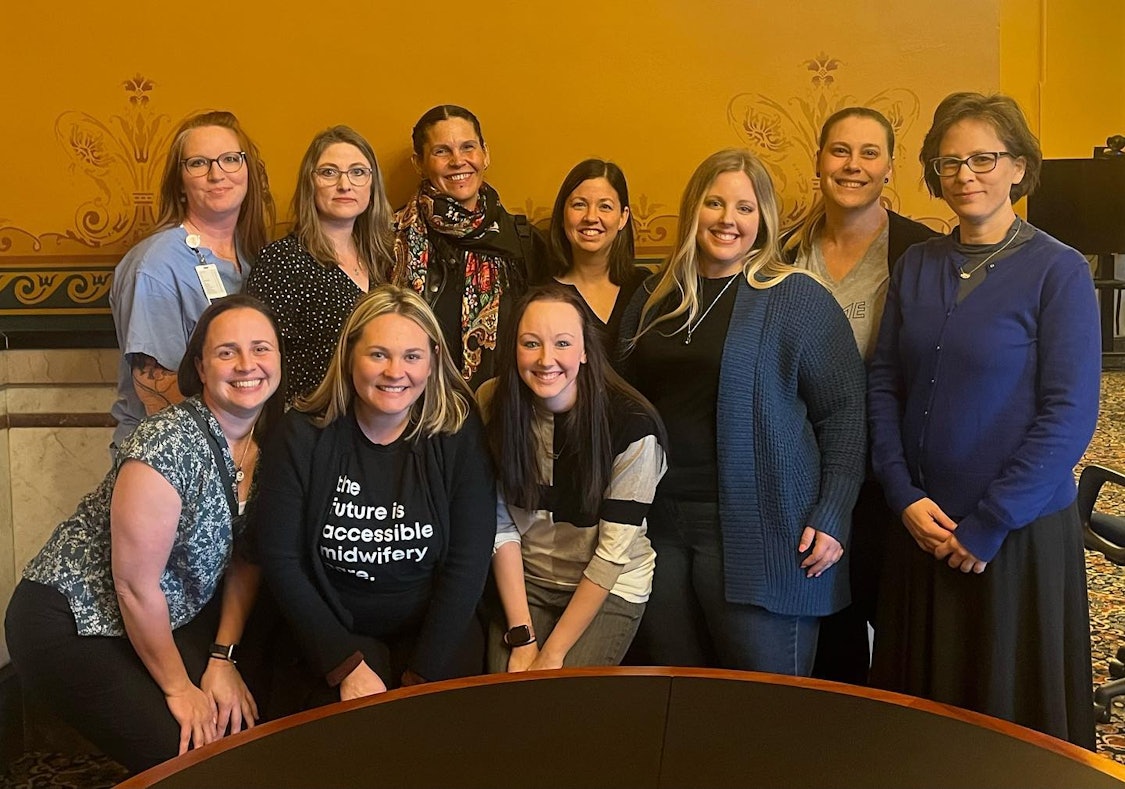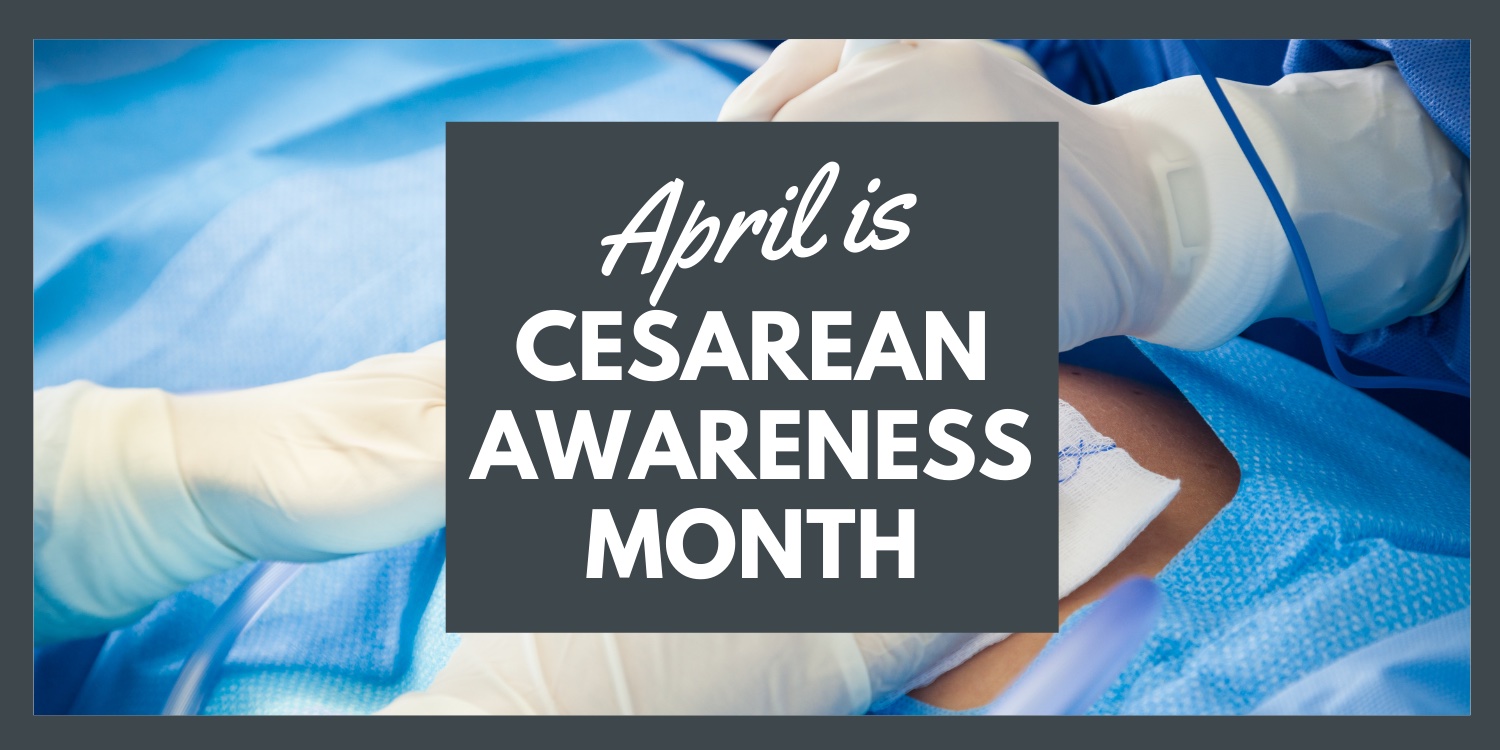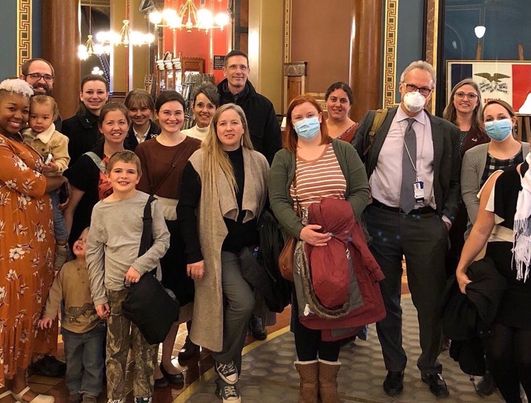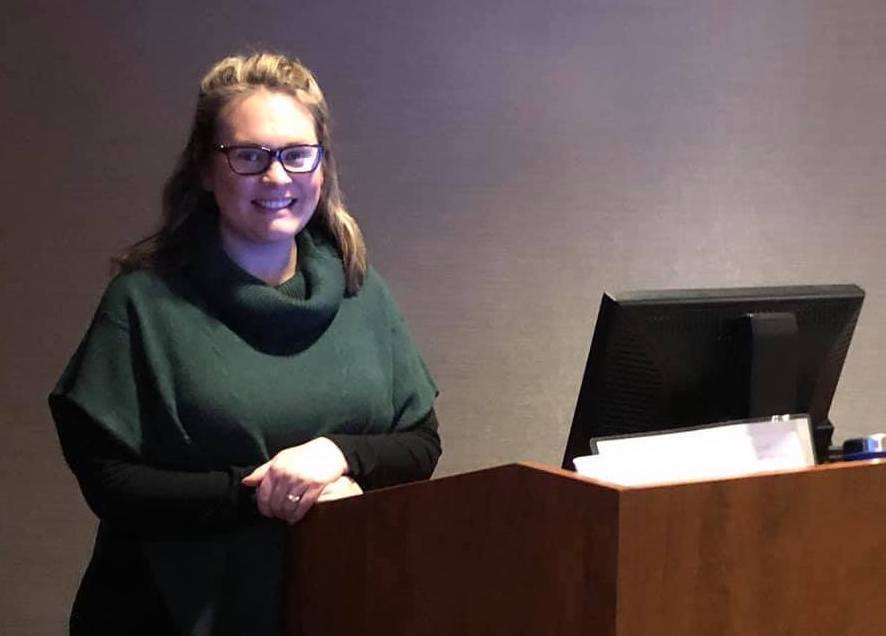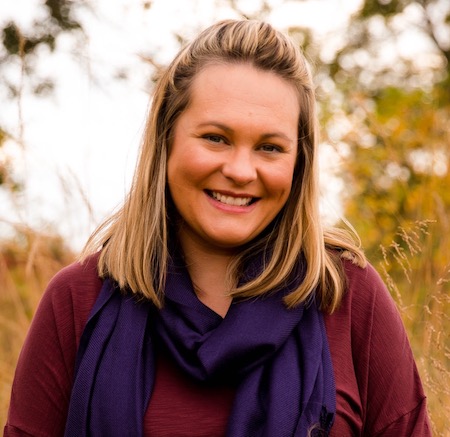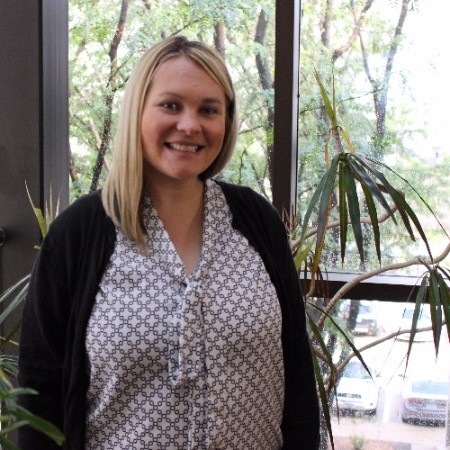Rachel Bruns is a volunteer advocate for quality maternal health care in Iowa.
As the phrase “your body, my choice” has infiltrated social media in the days following the 2024 presidential election, Linda Crownover-Inch, the International Cesarean Awareness Network (ICAN) of Quad Cities chapter leader and a doula, posted the following on Facebook:
There is one place where this phrase has been accepted and normalized for decades and will not disappear until people rise up and face it head on. That place is in the medicalized maternity care setting.
In my experience as a seasoned doula, every one of the medical maternity care providers (OB’s and medicalized midwives) that provided labor and birth service for my client’s, have violated my clients right to bodily autonomy in ways that should be categorized as assault.
Sadly, US medicalized birth culture has normalized assault during labor and birth as “That’s just the way it happens” and “They need to do those things to me to make labor and birth safe”, or “I can’t tell them what to do”. Too often I’ve stood in circles of people retelling, All the while normalizing trauma and assault in their medicalized birth stories.
While I’m sure many will balk at applying this horrendous saying to standard maternity care in most of the United States, Linda’s post resonated with my experience as a maternal health advocate in Iowa. The current reality is that most women seeking prenatal, birth, and postpartum care in Iowa face inadequate care options and degrading experiences, all in the name of so-called health care.
Continue Reading...

